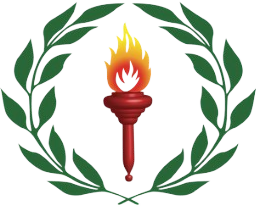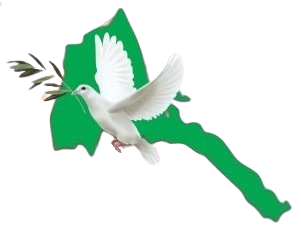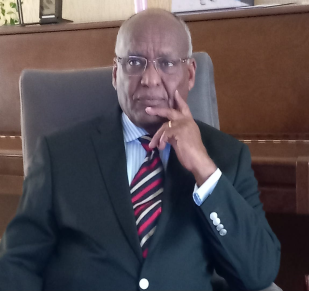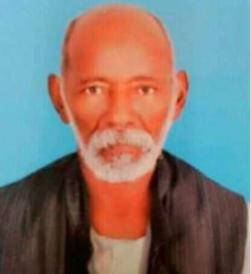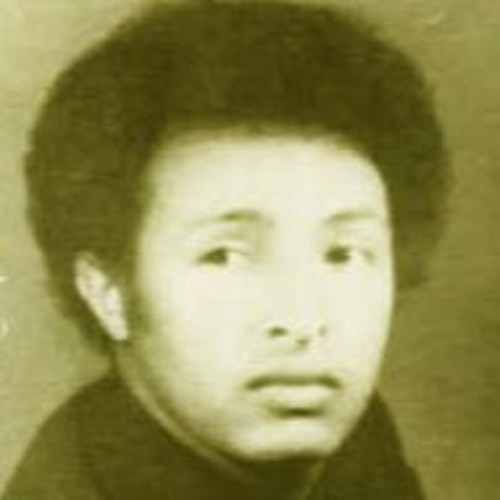Eritrea: An Overview of its Geopolitical Setup

Pearl of the Red Sea
Eritrea, officially known as the State of Eritrea, is a small country located in the Horn of Africa. It shares borders with Sudan to the west, Ethiopia to the south, and Djibouti to the southeast. To the northeast and east, Eritrea has an extensive coastline along the Red Sea, which strategically positions it near some of the world’s busiest shipping lanes.
Historical Context
Eritrea’s modern political history is deeply intertwined with its struggle for independence. It was an Italian colony from the late 19th century until World War II, after which it was administered by the British. In 1952, the United Nations federated Eritrea with Ethiopia, but this arrangement was annulled in 1962 when Ethiopia annexed Eritrea, leading to a protracted armed struggle for independence. Eritrea finally achieved de facto independence in 1991, and its independence was officially recognized in 1993 following a UN-supervised referendum.
Geopolitical Importance
Eritrea’s location along the Red Sea makes it of significant geopolitical interest. The Bab-el-Mandeb Strait, a crucial maritime chokepoint, is nearby, linking the Red Sea to the Gulf of Aden and the Indian Ocean beyond. This makes Eritrea a focal point for international maritime trade and military strategy. Over the years, various global powers have shown interest in establishing military bases in the region, further emphasizing its strategic importance.
Relations with Neighbors
Eritrea’s relations with its neighbors have been turbulent. The most notable conflict was with Ethiopia, which culminated in a brutal border war from 1998 to 2000. The conflict officially ended with the signing of the Algiers Agreement in 2000, but tensions persisted for years. In 2018, a historic peace agreement was signed between Eritrea and Ethiopia, leading to improved relations and increased regional stability.
Eritrea also has a complex relationship with Djibouti, characterized by border disputes and occasional skirmishes. Relations with Sudan have fluctuated, influenced by internal politics and broader regional dynamics. Eritrea’s foreign policy is marked by a focus on self-reliance and non-alignment, though it has engaged in various regional and international partnerships.
Economic and Social Landscape
Eritrea’s economy is primarily based on agriculture, mining, and fishing. The country has significant mineral resources, including gold, copper, and zinc, which are increasingly attracting foreign investment. However, the economy faces challenges such as limited infrastructure, international sanctions, and a challenging business environment.
Socially, Eritrea is a multi-ethnic society with nine recognized ethnic groups. The Tigrinya people form the majority, and the country has a diverse cultural heritage. Despite this, the government maintains strict control over many aspects of life, including media, religious practices, and freedom of expression.
